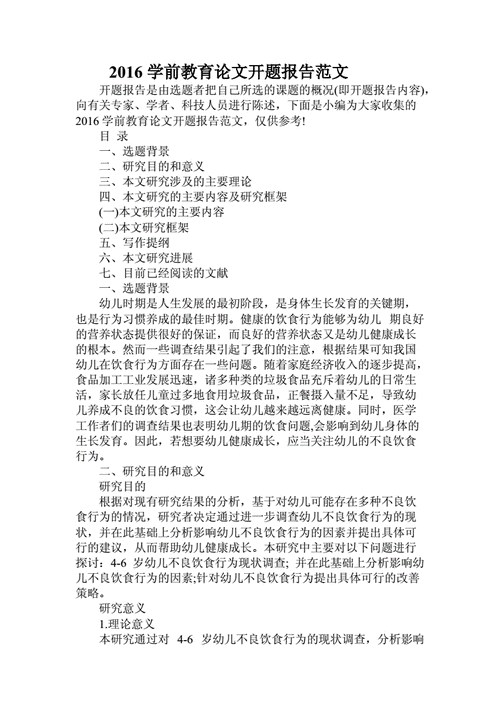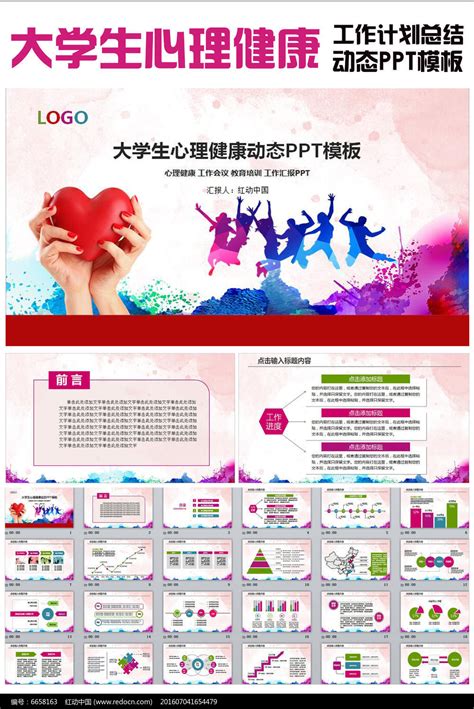Title: "The Impact of Early Childhood Education on Cognitive Development and Lifelong Learning"
Abstract:
Early childhood education (ECE) plays a crucial role in shaping cognitive development and fostering lifelong learning skills in children. This paper explores the multifaceted impact of early education on various aspects of cognitive growth and educational attainment. Through a comprehensive review of existing literature and empirical studies, it examines the cognitive, social, and emotional benefits of highquality early education programs. Furthermore, it discusses the importance of early interventions in mitigating learning disparities and promoting equitable access to education. The paper concludes with recommendations for policymakers, educators, and parents to optimize early childhood educational experiences and maximize their longterm benefits.
Introduction:
Early childhood education (ECE) is a critical period in a child's development, laying the foundation for future academic success and lifelong learning. As researchers and educators increasingly recognize the importance of early interventions, there has been growing interest in understanding the impact of early education on cognitive development and educational outcomes. This paper aims to explore the intricate relationship between early childhood education and cognitive growth, highlighting the longterm implications for individuals and societies.
Key Components of Early Childhood Education:
Early childhood education encompasses a range of programs and activities designed to support children's learning and development during the formative years, typically from birth to age eight. These programs may include preschools, daycare centers, nursery schools, and homebased interventions. Key components of effective early education programs include:
1.
Playbased Learning:
Play is a fundamental aspect of early childhood development, fostering creativity, imagination, and problemsolving skills. Highquality early education programs incorporate playbased learning activities to engage children and stimulate cognitive development.2.
Responsive Teaching:
Educators play a crucial role in facilitating children's learning experiences by providing responsive and supportive interactions. Responsive teaching practices involve actively listening to children, scaffolding their learning, and adapting instruction to meet their individual needs.3.
Early Literacy and Numeracy Skills:
Early education programs often focus on developing foundational literacy and numeracy skills, such as phonemic awareness, letter recognition, counting, and basic arithmetic. These skills form the basis for future academic achievement and lifelong learning.4.
Social and Emotional Development:
In addition to cognitive skills, early education promotes social and emotional development by fostering positive relationships, empathy, and selfregulation. Socialemotional learning (SEL) curricula help children develop essential skills for interpersonal communication, conflict resolution, and emotional resilience.Impact of Early Childhood Education on Cognitive Development:
Highquality early childhood education has been associated with numerous cognitive benefits, including:
1.
Improved School Readiness:
Children who participate in quality early education programs demonstrate greater readiness for formal schooling, including enhanced language proficiency, prereading skills, and basic mathematical understanding.
2.
Enhanced Cognitive Skills:
Early education promotes the development of cognitive skills such as attention, memory, problemsolving, and executive function. These skills are critical for academic success and lifelong learning across various domains.3.
Reduced Achievement Gaps:
Access to early childhood education can help narrow achievement gaps between disadvantaged and advantaged children, particularly in terms of language development, cognitive abilities, and school readiness.4.
Longterm Educational Attainment:
Research suggests that participation in early education programs is associated with higher rates of high school graduation, college enrollment, and educational attainment later in life.Recommendations for Maximizing the Benefits of Early Childhood Education:
To optimize the impact of early childhood education on cognitive development and lifelong learning, stakeholders should consider the following recommendations:
1.
Investment in Highquality Programs:
Governments and policymakers should prioritize investment in highquality early education programs, ensuring access to affordable, accessible, and developmentally appropriate services for all children.2.
Professional Development for Educators:
Continuous professional development and training opportunities should be provided to early childhood educators to enhance their knowledge of child development, instructional strategies, and cultural competence.3.
Family Engagement and Support:
Collaborative partnerships between educators and families are essential for supporting children's learning and development. Early education programs should actively involve parents and caregivers in their child's education through workshops, parentteacher conferences, and homebased activities.4.
Integration of Technology:
When used judiciously, technology can enhance early learning experiences and support cognitive development. Educators should leverage interactive educational apps, digital storytelling tools, and multimedia resources to engage children in meaningful learning experiences.5.
Focus on Equity and Inclusion:
Efforts to expand access to early childhood education should prioritize equity and inclusion, addressing disparities in access, quality, and outcomes based on socioeconomic status, race, ethnicity, and language background.Conclusion:
Early childhood education plays a pivotal role in shaping cognitive development and fostering lifelong learning skills in children. By providing a supportive and enriching environment during the formative years, highquality early education programs can help children reach their full potential and lay the groundwork for future academic success. However, realizing the full benefits of early education requires a collaborative effort from policymakers, educators, families, and communities to ensure equitable access to quality programs and support services for all children. Through strategic investments, professional development initiatives, and a commitment to inclusive practices, we can create a brighter future for generations to come.











